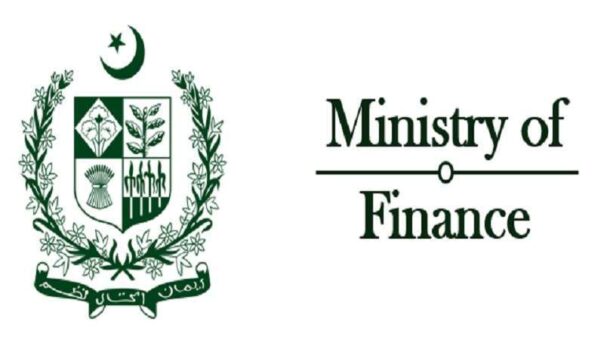Karachi, August 1, 2024 – The federal finance ministry has reported a decline in the provincial tax to GDP ratio, which has slipped to 0.73% for the fiscal year 2023-24.
This marks a drop from the previous year’s ratio of 0.77%, raising concerns about the provinces’ fiscal health and their ability to mobilize revenue.
According to the finance ministry, the combined tax collection of all provinces amounted to Rs 774 billion, while the GDP size stood at Rs 106 trillion for the fiscal year 2023-24. In comparison, the provincial tax collection was Rs 650 billion against a GDP of Rs 84.66 trillion in the fiscal year 2022-23.
Despite the overall decline, certain categories of provincial tax collections have shown significant growth. The collection of provincial sales tax on services recorded a substantial increase of 21%, reaching Rs 505 billion in the fiscal year 2023-24, compared to Rs 417 billion in the previous fiscal year. Similarly, the collection of provincial excise duty rose by 20% to Rs 12 billion, up from Rs 10 billion in the preceding fiscal year.
However, not all tax categories performed well. The collection of stamp duty fell by 3%, totaling Rs 63 billion in the fiscal year 2023-24, down from Rs 65 billion in the previous year. On the other hand, the collection of motor vehicle tax saw a modest increase of 6.25%, reaching Rs 34 billion compared to Rs 32 billion in the fiscal year 2022-23.
One of the most notable increases was in the ‘others’ category, where tax collection recorded significant growth of 28%, amounting to Rs 161 billion, up from Rs 126 billion in the previous fiscal year.
The persistent decline in the provincial tax to GDP ratio remains a significant concern for the country’s economic planners. For several years, provinces have struggled to bring their total tax collection to even 1% of the GDP. However, there is a glimmer of hope as provinces have recently agreed to enhance their tax collection from agricultural income, which is expected to positively impact the overall tax collection.
The finance ministry’s report underscores the need for provincial governments to implement more robust tax collection mechanisms and broaden their tax base. Enhancing tax collection efficiency and compliance could help provinces better contribute to the national economy and reduce dependency on federal transfers.
As the country navigates its fiscal challenges, the provinces’ commitment to improving their tax collection practices will be crucial in achieving sustainable economic growth and stability.
